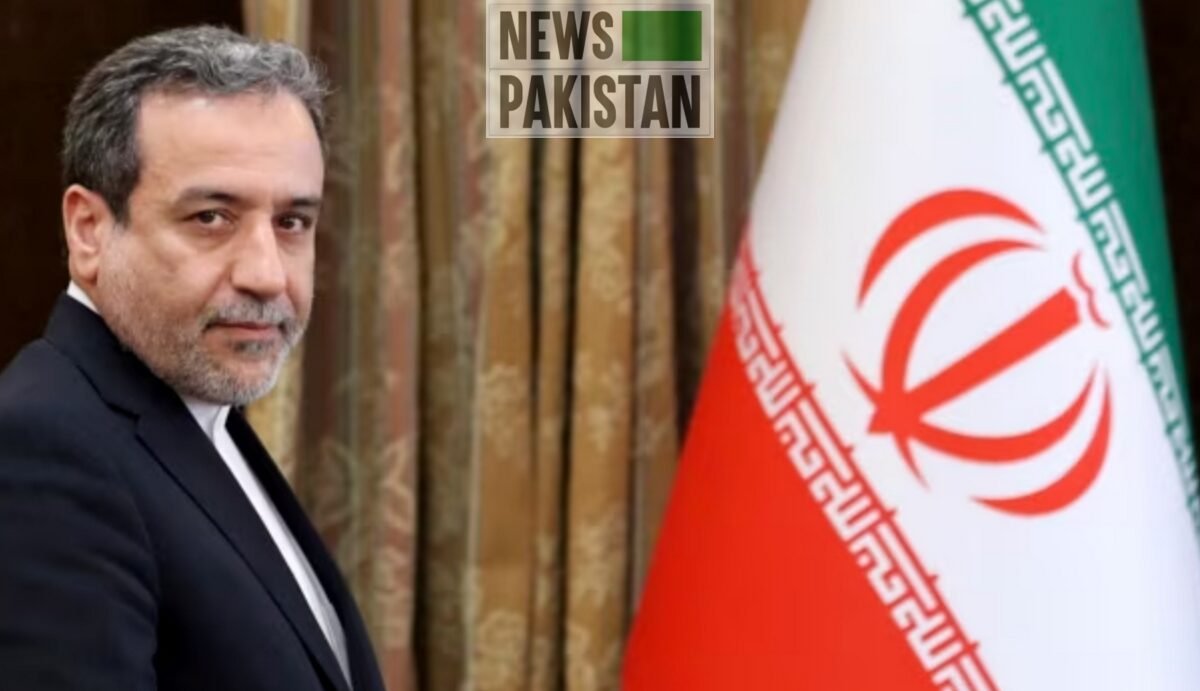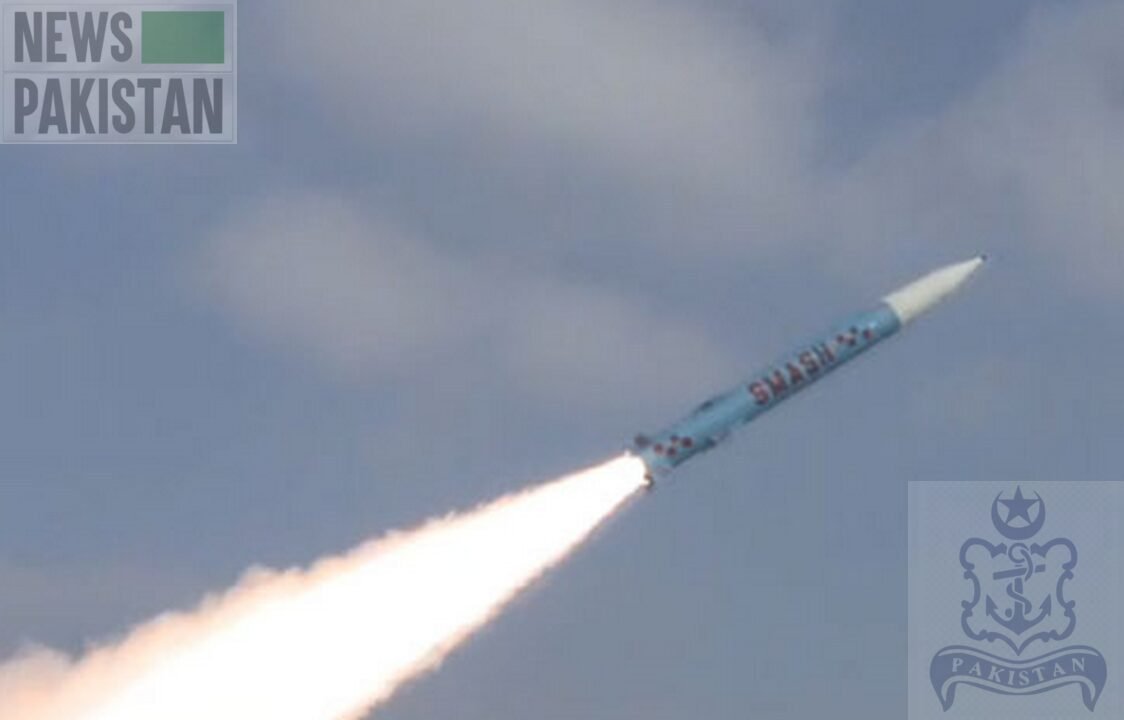ISLAMABAD: Prime Minister Imran Khan on Wednesday assured the nation that his government would steer the country out of the current economic crisis through various policy interventions, including the strengthening of state institutions, ensuring accountability, creating an investment-friendly climate, boosting business and exports, and promoting housing and construction industry.
Addressing the nation over television and radio, the prime minister said the economic challenges facing the country at present were created mainly due to the poor economic performance and mismanagement by the previous governments over the last ten years.
He said the two political parties [PPP and PML-N], which remained in power over the last ten years, took the country’s debt to an unprecedented level of Rs 30,000 billion in 2018 from Rs 6,000 billion in 2008.
Pakistan’s total debt in 1971, he said, stood at merely Rs 30 billion, a time when the country had witnessed the construction of mega projects like Mangla and Terbela dams as well as other infrastructure projects. Pakistan achieved development and progress in the 1960s, he added.
Similarly, Imran Khan pointed out that the country’s power sector circular debt swelled to Rs 1,200 billion from Rs 230 billion in 2009 and Rs 480 billion in 2013.
He said the previous government (of PML-N) even consumed Rs 40 billion from the Workers Welfare Fund as well as the funds for the Pakistan Steel Mills. The previous provincial government of Punjab also mismanaged various accounts and heads.
“These are the things done over the last ten years, which we are correcting. We have yet to implement our own policies,” the prime minister said and wondered how the opposition parties were getting together to what they call to “save the democracy”.
“They [the opposition parties] know that we are going for the audit of Rs 30,000 billion debt which they had accumulated over the last years. They are making hue and cry just to save them from the accountability as the huge amount embezzled by them would be exposed after the audit,” he added.
The prime minister also mentioned losses of Rs 400 billion and Rs 350 billion made by the Pakistan International Airlines and Railways respectively, over the previous years and said the government would go for the financial audit of the state institutions.
Giving an outline of his government’s economic policies, Imran Khan said they were trying to strengthen the trade institutions, helping exporters to make them competitive and attracting investors through a one-window operation coupled with the measures towards ease of doing business in the country.
The prime minister said the government was also focusing on increasing foreign remittances through various incentives for the overseas Pakistanis so that they send their remittances through banking channels.
He said after his discussion with the Saudi leadership during his two days visit of the Kingdom, Saudi Arabia had agreed to reduce visa fees for the Pakistani workers desirous of going to that country for jobs.
The prime minister said his government’s initiative of constructing five million houses for the homeless people would give a big push to 40 allied industries and attract heavy investment, besides creating business and job opportunities for the youth.
Imran Khan also indicated that in the coming days he would introduce a special package aimed at curbing poverty and bringing the poor into a safety net. “I am fully cognizant of the problems faced by the masses. But rest assured the hard days will be over,” he maintained.
He described corruption as cancer. “When a person undergoes a surgery for cancer, he has to face some difficulty, but after the operation he becomes healthy. In the same way, we have to face some hardships for taking this society out of the cancer of corruption.”
The prime minister said Pakistan was bestowed by Allah Almighty with abundant resources and potential but the investors were shy of bringing in their money in the country in the past only due to the environment of corruption and were taking their investments to other countries like the United Arab Emirates and Malaysia.
”Now when we are working hard to make Pakistan an investment-friendly place, the investors will come and invest here,” he said. “The time is not far away when we will be able to offer loans to others instead of going for loans for our country.”

PM 1










